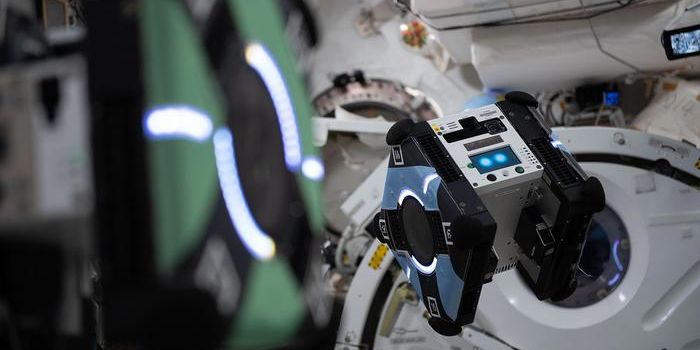People say too much screen time is bad for kids. But is it really the problem?
Screen time is a parent’s conundrum. How much screen time is too much? How do I adequately monitor my child’s screen use time? Is my childing being negatively affected when they are using digital devices too often.
These questions abound are tough to answer. There certainly are, for example, some health risks associated with excessive amounts of screen usage, such as nearsightedness. But more often, parents are focused on how too much screen time impacts their child’s socialization and ability to socialize as well as their mental health. While research does exist highlighting some negative impact of screen time on mental health in kids, kids may actually experience more detrimental effects to their mental health when a child has little access to digital devices, whether through parental intention or general lack of access.
Doing outdoor activities are still highly encouraged, but adequate digital access offer undeniable benefits as well. Researchers at Michigan State University suggest in a new study that excess amounts of screen time are less problematic compared to the disconnection kids experience when they have little to no internet access and are cut off from their friends, support networks, and cultural interactions. Their work is published in Social Science Computer Review.
In the study, researchers observed three groups of teenagers: teens who had little or no Internet access in their homes, teens who used digital devices a lot, and teens who used devices but whose parents significantly restricted their use. The team studied over 3,000 rural teenagers.
Researchers found that teens with little to no internet access or who had parents closely controlling screen time use had lower levels of self-esteem. The amount of time spent using a screen was not found to have a significant impact on self-esteem, though users reporting high amounts of screen time actually had higher self-esteem compared to those with little screen access.
Researchers highlight that disconnection can amplify self-esteem issues such as body image, and that when teenagers are disconnected, they are cut off from digital environments and cultures that are deeply part of youth cultural structures. Teens are not exactly disconnected when they spend too much time being on a phone or online, contrary to popular belief. They are actually deeply engaged in forms of socialization that affect nearly every aspect of our lives.
Sources: Science Daily; Social Science Computer Review; Psychology Today








